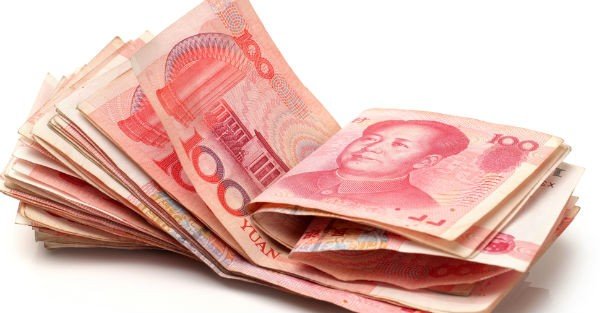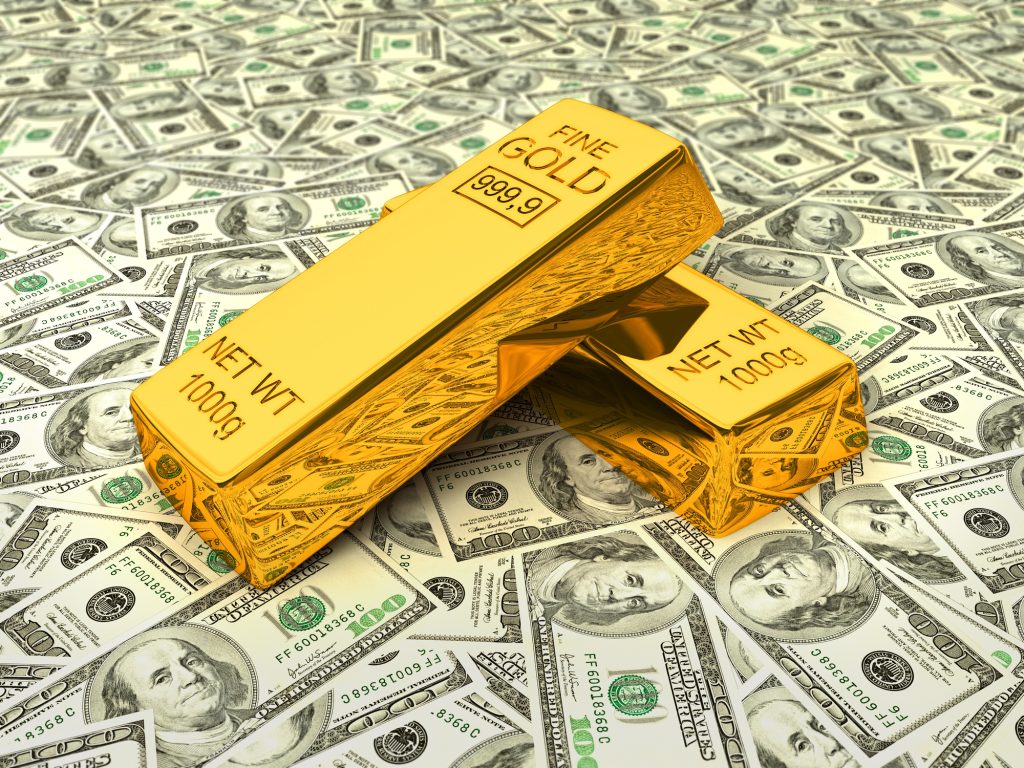November 28, 2014
Bali, Indonesia
[Editor’s Note: This missive was penned by Sovereign Man’s Chief Investment Strategist Tim Staermose]
I spent two days in China earlier this week. Among other things, I wanted to get a feel for where people on the ground see the currency heading.
My personal view is that, as the US dollar keeps strengthening against the euro, yen, etc. China will find it increasingly difficult to bear the burden of having the only major alternative currency that’s appreciating versus the US dollar.
It’s killing China’s price competitiveness in export markets and contributing to the slowdown in the Chinese economy.
At some point, I believe the pain will become too much to bear, and the Chinese government will devalue. Remember, their hold on power depends almost entirely on keeping people working, and increasing living standards in China.
Indeed, after a surprise interest rate cut by the Chinese authorities last Friday afternoon, word on the street was that the Chinese government may be trying to encourage a weaker RMB.
Speaking with one Zhuhai-based friend who’s in the shoe export business, he confirmed that many Chinese manufacturers are currently surviving as best they can on wafer-thin profit margins.
Personally he was keeping his fingers crossed that the line of $19.95-a-pair high heeled winter boots for women that he had supplied to US retailers for the Black Friday retail sales were going to fly off the shelves.
Talking to the black market foreign exchange dealers near the border crossing from Shenzhen to Hong Kong, the consensus was also that the RMB may have seen its highs in the near term.
If you ask me, it makes perfect sense for the Chinese to let the currency depreciate. By doing so:
- They’d boost the export price competitiveness of Chinese exports, especially in Europe and Japan where the local currencies have fallen off a cliff. But, also in the US.
- The value of the Chinese government’s vast hoard of foreign exchange reserves would appreciate measurably in RMB terms, giving them more fire power to launch further economic stimulus.
- They’d smoke the “carry trade” speculators currently pouring hot money into China — often using illegal workarounds — to benefit from the interest rate spreads available between Chinese yuan deposits or bonds, and near-free US dollar, Hong Kong dollar, or yen funding costs.
However, the consensus view among most non-Chinese investors still appears to be that the RMB is a sure thing to keep gradually appreciating.
This bias is so heavy that a unique contrarian opportunity has presented itself.
Because the USDRMB exchange rate has been trending down in a steady, predictable, un-volatile pattern for most of the year, many people have been lulled into a false sense of security.
With such limited volatility, options prices for trades which short the renminbi are super cheap.
I’ve just put a trade on for an investment management client, using call options on the USDCNY exchange rate.
We are risking RMB70,000 for a chance to make RMB2.5 million or more, on a 20% +/- depreciation in the RMB sometime over the next 12 months.
It’s an aggressive trade. But with 3,400%+ profit potential, we like the risk/reward ratio.
Even if speculating is not your thing, if you currently hold any RMB-denominated deposits or investments, at the very least I recommend you buy some “insurance” against a sudden RMB devaluation.
This is something that is entirely possible within the next 12 months.
From China’s point of view, joining the currency war that’s raging around the world, to stem the pain from a strong currency that’s choking off its competiveness, and stoking unwanted hot money inflows, might just be a temptation that’s too great to resist.








